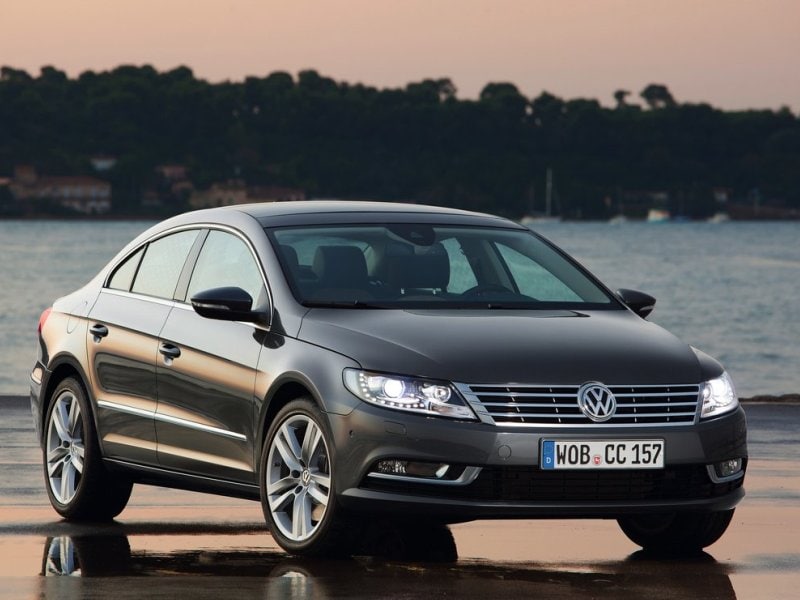Recent Articles
Popular Makes
Body Types
Worst Resale Value Cars
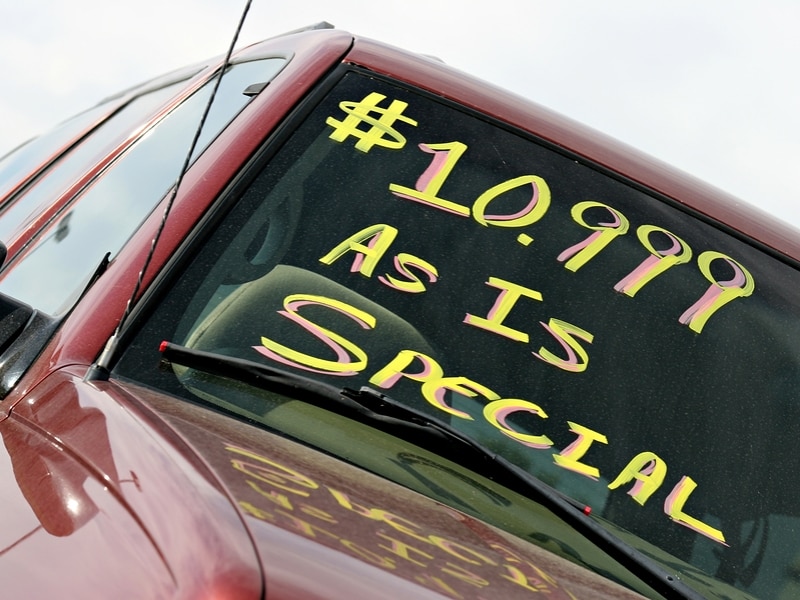
used car sales
OK, so it’s a given your shiny new car loses on average 20 percent of its value the moment you drive it off the lot. Once it is officially labeled a “used car”, the best you can expect a dealer to pay you for it is its wholesale value. Yes, we agree this sucks a big rig’s smokestack, but that’s the way the game is played. Further, depreciation continues throughout the lifetime of the car. The good news is some cars depreciate more rapidly than others. Here’s a list of the 10 worst resale value cars predicted for 2014.
How Resale Value Is Calculated
Back in 1964, a former car dealer named Jim Aiken started a company known as Automotive Leasing Group, which bought leases from other dealers. Back then, information about the long term value of cars didn't exist in a single source, so Aiken started the Automotive Lease Guide. To make leasing profitable, Aiken had to develop a formula to predict the future value of a given car. Today this is known as “residual value”. Based on a number of factors, including what similar models have proven to be worth in the past, product lifecycles, competitive forces in the marketplace, and the condition of the economy, residual value also came to be recognized as the resale value of a given automobile.
BMW 7 Series
Arguably one of the most desirable flagship sedans on the market, BMW’s 7 Series becomes a victim of its own success on the secondary market. First of all, anybody comfortably shopping for a 7 Series can usually afford to buy one new. Second, because the cars are so technologically advanced, when something goes wrong with them they have a tendency to be remarkably expensive to repair. Thus, the prospect of owning an older BMW 7 Series without warranty protection is not a highly coveted one, particularly since the big Bimmer’s reputation for long-term reliability is less than sterling.
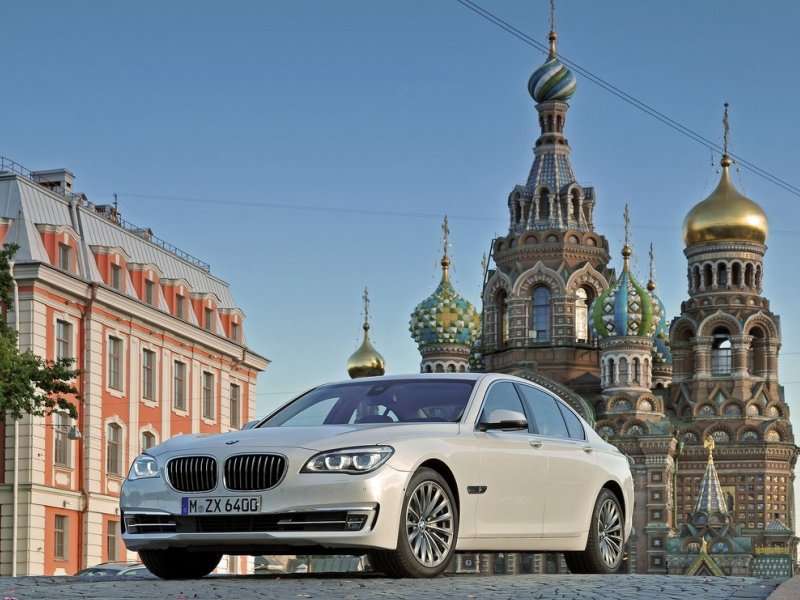
Fiat 500e
Plagued by the typical concerns of long-term reliability and range anxiety in the electric car market, this is exacerbated in the minds of many people by the fact the FIAT 500e is also something of an unknown. Returning to this country after something of a hiatus, when Fiat sold cars here before they didn’t have the best reputation for reliability. This being an all-new area for a company with no proven track record, the reputation of these cars is being made—by these cars. Thus, you have the formula for landing on a list of the worst resale value cars.
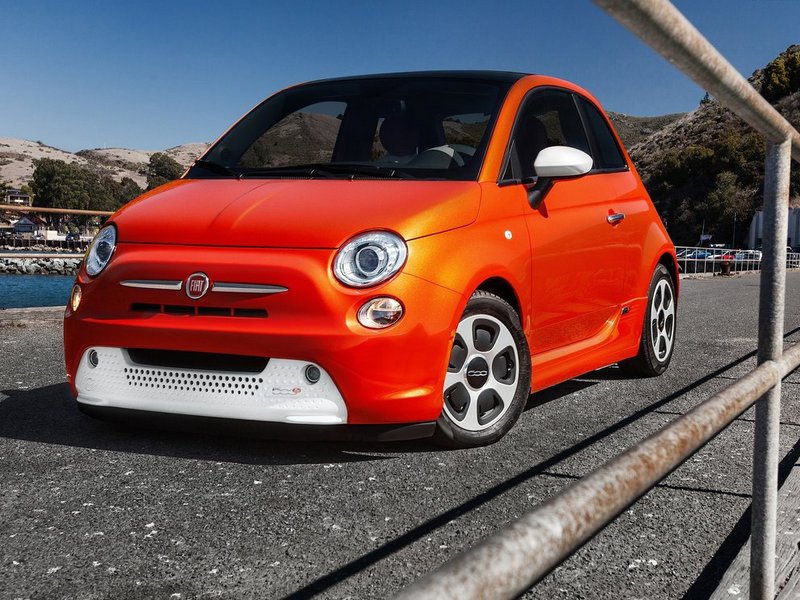
Jaguar XJ
As far as the public is concerned, the perception is reliability problems are many when a car is a Jaguar. It was a tough lesson for Ford to learn, and while Tata Motors (Jaguar’s new owner) seems now to be reaping the benefit of all of the improvements Ford’s engineering money have wrought for the cars (Jaguar is currently enjoying some of its best sales figures ever); on the secondary market, Jaguar resale values are still softer than an overripe peach on a hot summer’s day. However, if owning Jaguar’s XJ piques your fancy, an opportunity is knocking—loudly.
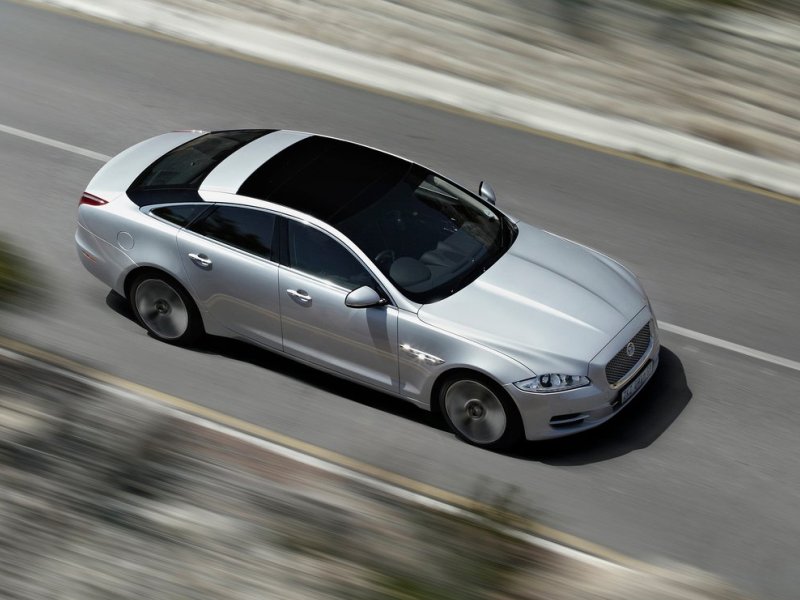
Jaguar XK
As wonderful as the Jaguar XK is, the model is plagued by public opinion of Jaguars as unreliable. This reputation was arguably deserved for much of the marque’s history in the United States. However, during the period of Ford Motor Company ownership of Jaguar (as part of its now defunct Premier Automotive Group), tremendous strides were made toward improving both the reliability and long-term durability of Jaguar’s models. Still, perception has a tendency to lag reality by a considerable amount. Because of this, it can be argued Jaguar’s XK is a considerably undervalued car on the secondary market.
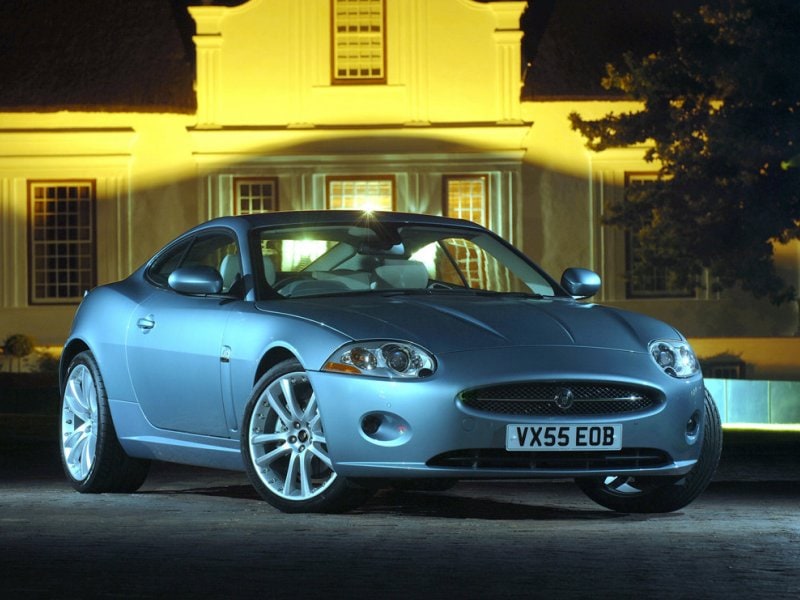
Lincoln MKS
Lincoln models suffer terribly from the public’s perception of them as being old fashioned. In a recent conversation we had with a group of younger consumers, it came out the very name “Lincoln” conveys agedness in their minds. Add to this the extraordinary competition the Lincoln MKS faces in its segment of the marketplace from builders with more youthful images, and you wind up with a nice car with a lovely interior hardly anybody wants. This has a singularly detrimental effect on the perceived value of the car, therefore Lincoln’s MKS represents a real bargain on the secondary market.
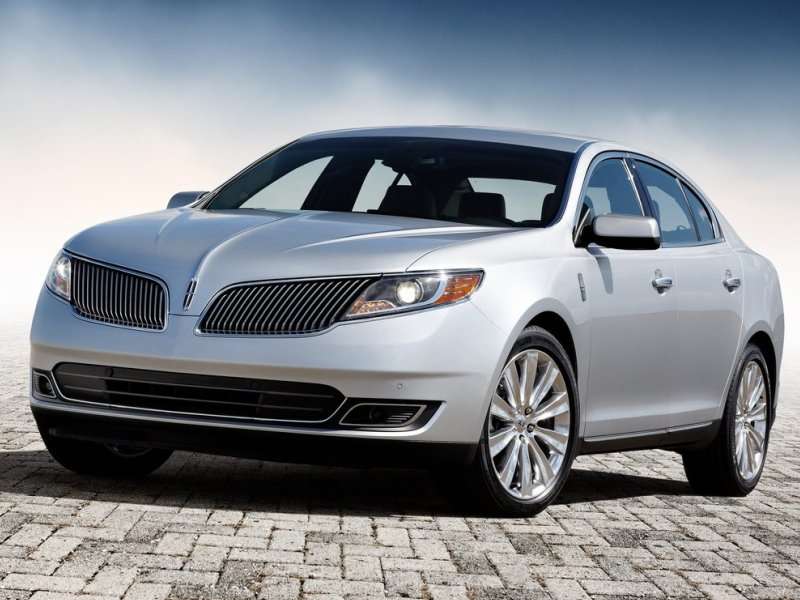
Mercedes-Benz CL-Class
Another car in the same boat as the big Bimmer, is the Mercedes CL-Class coupes. In addition to the expense of maintaining them as the miles pile on, they also compete directly against their more glamorous SL siblings. Most people in the market for a used personal luxury Mercedes-Benz model will typically think SL before CL, and for good reason. The cars are largely outfitted the same, except with the SL you get a more sporty driving experience and a convertible roof too. Frankly, a used SL simply offers cachet in a way a used CL simply doesn’t match.
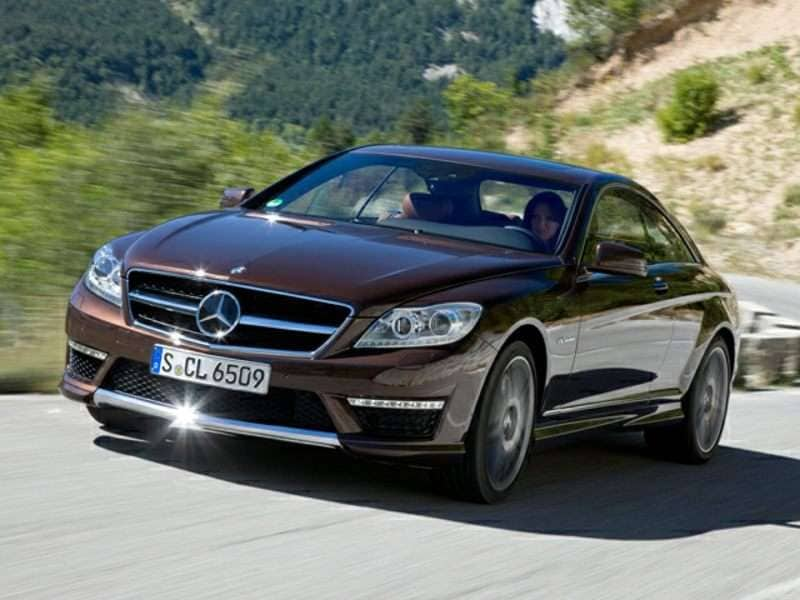
Nissan Leaf
Part of Nissan’s problem with the Leaf’s soft resale value was self-inflicted. When the company reduced the base price of the 2013 model, the value of the 2011 and 2012 models was automatically diminished. Of course, the price adjustment was an effort to curtail flagging demand, which also gets reflected in the resale value. A car like the Leaf gets a nice bump right out of the gate because there’s pent up demand for it. Once those fan-boy purchases are made though, that’s when you’ll see what’s really what, and popular demand for electric cars simply isn’t there yet.
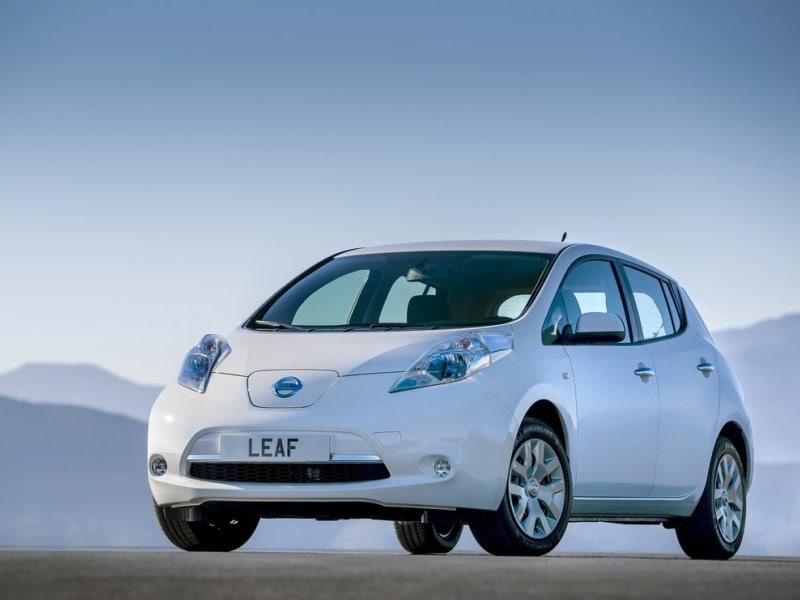
Photo by Nissan
Smart ForTwo Electric Drive
For openers, with all the incentive money out there encouraging the purchase of a new Smart ForTwo Electric drive, the incentive to buy used is pretty low. Further, when you take into consideration those incentives have the effect of actually lowering the value of the car from its published MSRP in the first place; well, it all adds up to low resale value on the secondary market. The electric Smart car has a few other problems as well. Limited range, and questionable longevity also figure into the public’s reticence when it comes to purchasing one—either new or used.
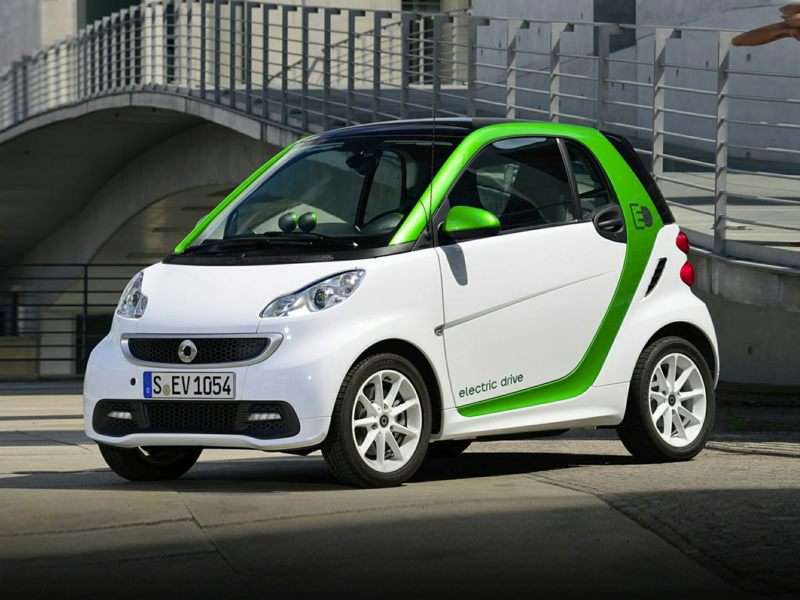
Volvo S80
Ultimately the same is true for Volvo’s S80. Trying to compete as it does in the flagship category of European luxury cars, the Volvo is simply outclassed by everything it’s up against. While arguably a good-looking car on its own, parked next to one of its competitors the S80 looks, well, anonymous. Additionally, Volvo has done little over the years to update the car, so its features are a bit dated compared to the competition. Basically the model’s value is victimized by the car’s unpopularity. Sadly, the Volvo S80 is a nice car; it just isn’t quite nice enough.
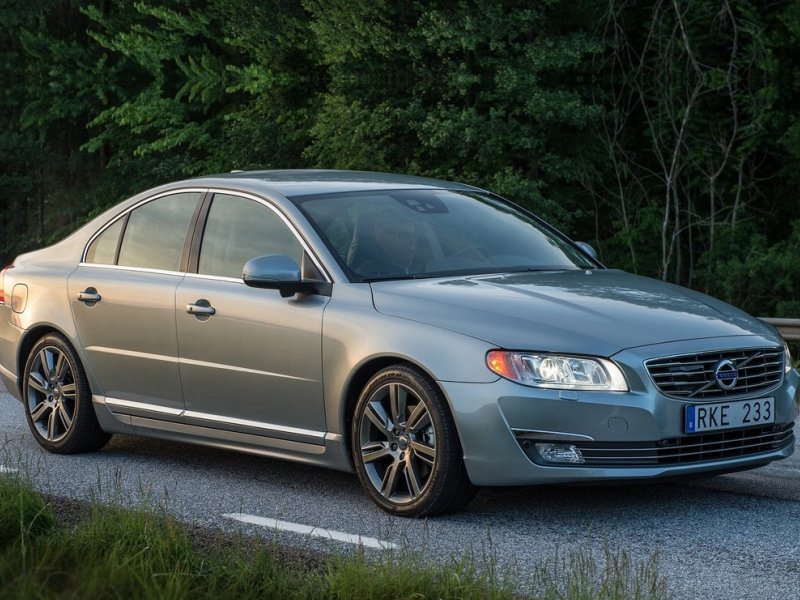
Volkswagen CC
Volkswagen has long struggled to field a successful car in this category. The CC’s predecessor, the Volkswagen Phaeton, struggled to find an audience because of its cost, despite being an absolutely magnificent automobile. When Volkswagen models start costing like products from more established luxury manufacturers, price resistance becomes a significant factor. When consumers perceive a model's worth to lag what the manufacturer needs to charge, low resale values ensue. In other words, the CC suffers the indignity of a low resale value on the used market simply because it struggles to find an audience on the new car market.
